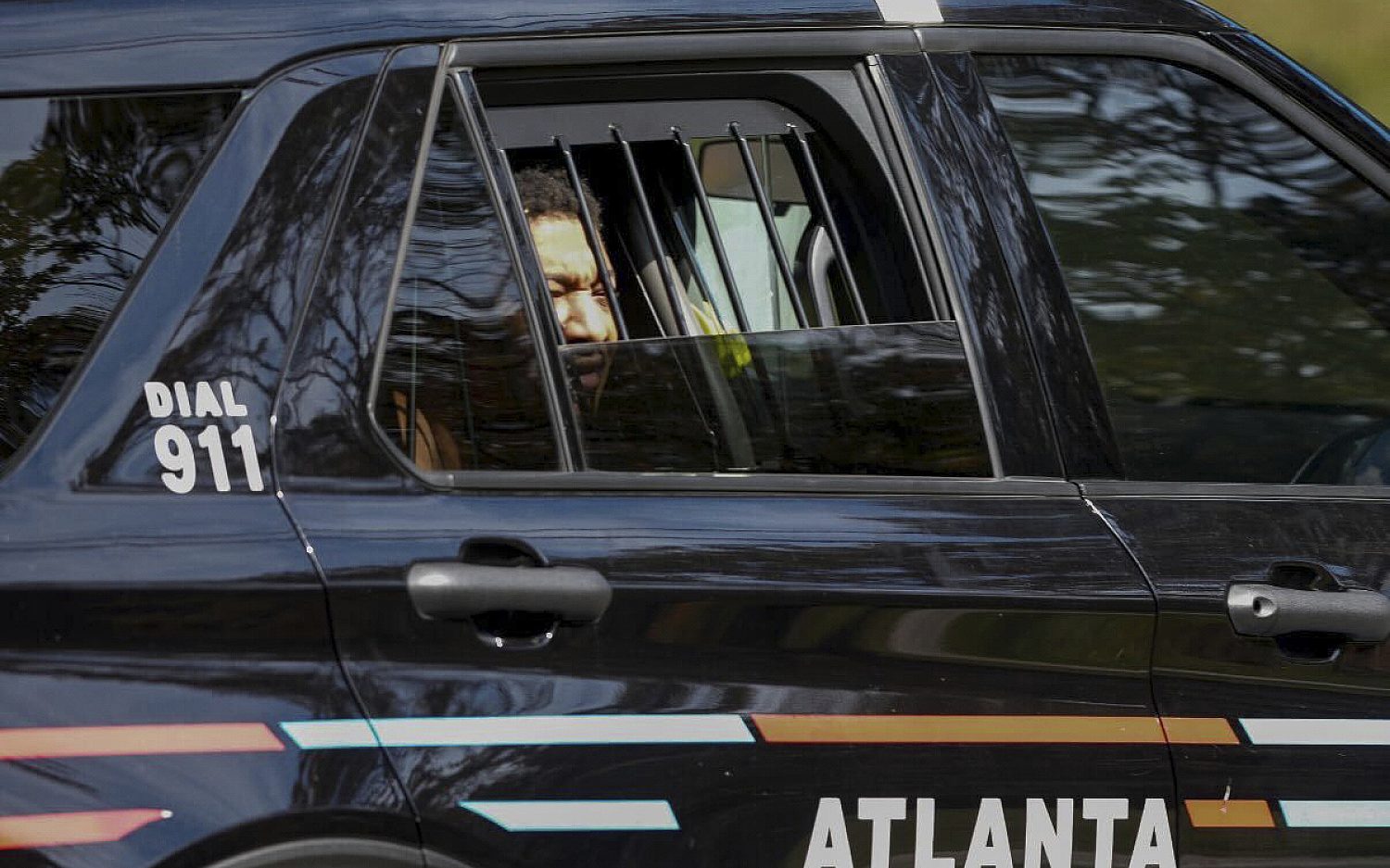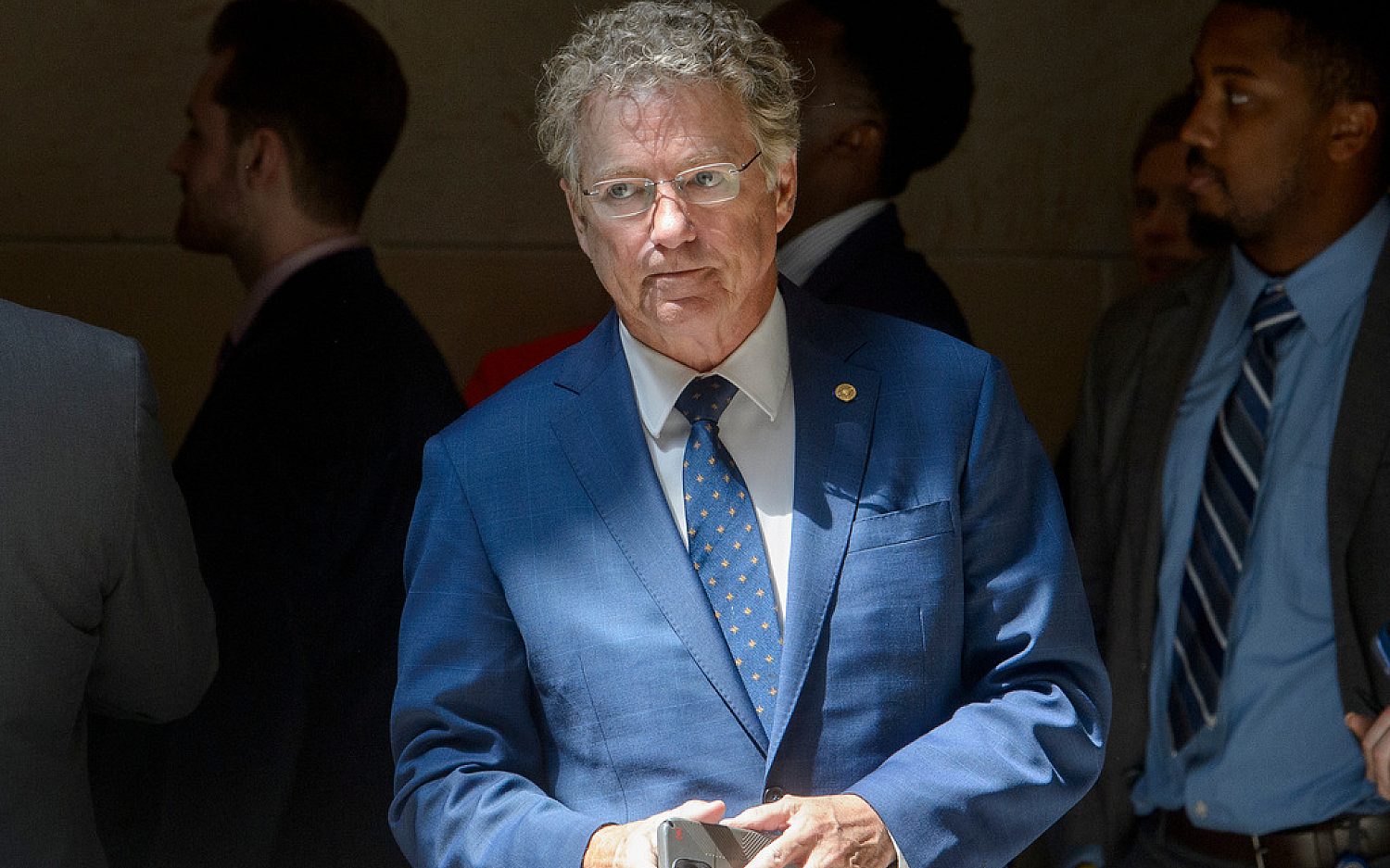The NSA's global cellphone net
Leaked documents reveal the government harvests billions of phone records daily
When foreigners and Americans travel overseas, the U.S. National Security Agency may keep tabs on where they go and whom they visit. According to newly revealed documents, the agency secretly stores location data from hundreds of millions of cellphones around the world and uses them to uncover hidden relationships between terror suspects and their associates.
The revelation, reported Wednesday by The Washington Post, came from the trove of classified documents stolen and leaked by former NSA contractor Edward Snowden. They reveal how the NSA collects nearly 5 billion phone metadata records a day from hundreds of millions of devices globally, adding them to a surveillance database called FASCIA.
The agency isn't interested in learning the whereabouts of most mobile subscribers. Instead, as part of a program called CO-TRAVELER, it searches the location data for patterns connected to a foreign surveillance target such as a suspect within a terrorist network. By tracking the location of a cellphone identified with a suspect, the agency can watch to see which other cellphones meet or travel alongside it.
Those meetings could help reveal the names of friends, business partners, lovers, or other people associated with a particular suspect. The location data could even reveal whether the parties met at a home, restaurant, hotel, or traveled on a train together.
The algorithms the agency uses are set to flag users’ attempts to outsmart surveillance efforts, such as when a cellphone powers down shortly before a new one powers on in the same location—perhaps a sign of a person switching between disposable cellphones.
Mobile phones regularly beam their location to cell towers even when they are not being used in a call. Carriers log the data. The Washington Post said the NSA obtains the data from corporate partners who cooperate with the agency, though the secret documents did not reveal those companies’ identities.
Americans who travel outside the United States are likely to have their own location data swept into the agency’s net even if they are not singled out for special scrutiny. An intelligence lawyer who spoke to The Washington Post with the permission of the NSA said the agency’s surveillance programs are “tuned to be looking outside the United States.” He added that the Fourth Amendment's protections against unreasonable searches and seizures would not apply in those cases.
In the United States, tracking a suspect’s vehicle with a GPS device constitutes a “search” under the Fourth Amendment. In October, a federal appeals court ruled that police need a warrant to use such devices.
“It is staggering that a location-tracking program on this scale could be implemented without any public debate, particularly given the substantial number of Americans having their movements recorded by the government,” said Catherine Crump, a staff attorney at the American Civil Liberties Union, commenting on the CO-TRAVELER program. From the government’s perspective, revealing such programs within a public debate would greatly diminish their usefulness.
Bruce Schneier, a security expert and board member at the Electronic Frontier Foundation, told me by email there was no reason to believe the intelligence agencies of foreign nations couldn't collect the very same data. Another way the NSA has used the system is to track whether CIA agents are being followed around while they work abroad.
An actual newsletter worth subscribing to instead of just a collection of links. —Adam
Sign up to receive The Sift email newsletter each weekday morning for the latest headlines from WORLD’s breaking news team.





Please wait while we load the latest comments...
Comments
Please register, subscribe, or log in to comment on this article.